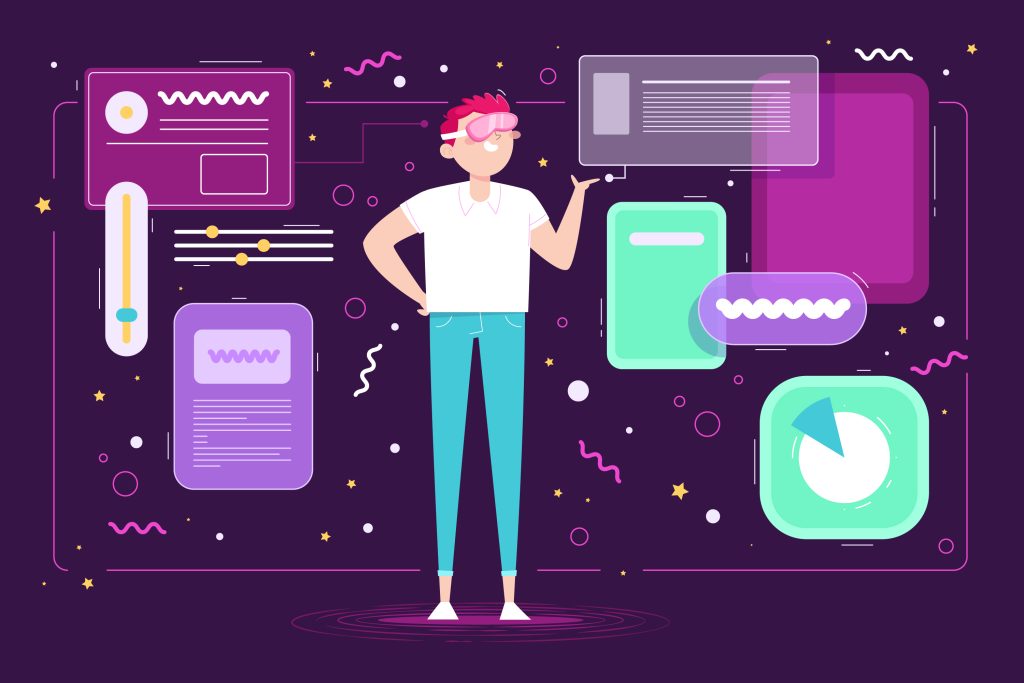In the fast-paced world of B2B sales and marketing, understanding the buyer’s journey is paramount to delivering a seamless and exceptional customer experience. The buyer’s journey encompasses the various stages a potential customer goes through before making a purchase decision. By comprehending and optimizing each stage, businesses can foster stronger relationships, boost customer loyalty, and ultimately drive revenue growth.
Definition of Buyer’s Journey
The buyer’s journey consists of three main stages: the awareness stage, the consideration stage, and the decision stage. At the awareness stage, a potential buyer identifies a problem or a need for a product or service. In the consideration stage, the buyer conducts research to find potential solutions. Finally, during the decision stage, the buyer evaluates different options and makes a purchase decision.
Importance of B2B Customer Experience
The significance of B2B customer experience cannot be overstated. Research shows that customers are more likely to remain loyal to companies that consistently deliver exceptional experiences. Positive customer experiences lead to increased customer retention, advocacy, and referrals, all of which contribute to a company’s bottom line.
Awareness Stage: Identifying Customer Pain Points
The journey begins with identifying customer pain points. Businesses must conduct thorough market research and collect feedback to understand their target audience’s challenges and needs. By pinpointing pain points, businesses can tailor their marketing messages to resonate with potential customers.
Once pain points are identified, businesses must provide valuable content to address them. This content can take the form of blog posts, articles, eBooks, or videos that offer solutions and insights. High-quality content helps establish the company as an authoritative and trustworthy source.
Consideration Stage: Presenting Relevant Solutions
During the consideration stage, potential buyers are actively seeking solutions. Businesses must present their products or services as the best fit for the customer’s needs. This involves showcasing unique selling points, competitive advantages, and success stories.
Trust is a crucial factor in the B2B buying process. Companies can build trust by offering case studies, customer testimonials, and industry certifications. Transparent communication and a track record of delivering value are also vital for building credibility.
Decision Stage: Addressing Customer Concerns
At the decision stage, potential buyers may have lingering concerns or hesitations. It is essential for businesses to address these issues promptly and thoroughly. Sales and customer support teams should be readily available to provide reassurance and clear any doubts.
To facilitate the decision-making process, businesses can offer incentives such as discounts, extended warranties, or money-back guarantees. These incentives provide an extra layer of assurance for buyers, encouraging them to make a purchase.
Post-Purchase Stage: Nurturing Customer Relationships
The journey doesn’t end with a purchase. Post-purchase, businesses should focus on nurturing customer relationships. Personalized follow-ups, thank-you notes, and exclusive offers can help retain customers and foster loyalty.
Positive reviews and testimonials from satisfied customers can significantly impact the decision-making process for potential buyers. Businesses should actively encourage customers to leave feedback and share their experiences.
Understanding the Role of Content Marketing
Content marketing plays a vital role throughout the buyer’s journey. By creating valuable and relevant content, businesses can attract potential customers, build brand awareness, and establish themselves as industry leaders.
Leveraging Data Analytics for Personalization
Data analytics provides valuable insights into customer behavior and preferences. By leveraging data, businesses can personalize their marketing messages and offers, enhancing the overall customer experience.
Implementing an Omnichannel Approach
In today’s digital age, customers expect a seamless experience across different channels and touchpoints. Implementing an omnichannel approach ensures consistency and coherence in the customer journey, regardless of the platform used.
Overcoming Common Challenges in B2B Customer Experience
The buyer’s journey is not without challenges. Some common obstacles include long sales cycles, complex decision-making processes, and competition. Businesses must proactively address these challenges to provide a smoother customer experience.
The Future of B2B Customer Experience
As technology continues to evolve, so will the B2B customer experience. Companies must stay agile and adapt to emerging trends and customer expectations to remain competitive in the market.
Conclusion
Understanding the buyer’s journey is a fundamental aspect of delivering an exceptional B2B customer experience. By addressing customer pain points, providing valuable content, building trust, and nurturing relationships, businesses can create a memorable journey that leads to increased customer satisfaction and loyalty.
FAQs
What is the buyer’s journey?
The buyer’s journey refers to the stages a potential customer goes through before making a purchase decision, including awareness, consideration, and decision.
Why is B2B customer experience essential?
B2B customer experience is crucial because it impacts customer loyalty, advocacy, and revenue generation for businesses.
How can businesses build trust with potential customers?
Building trust involves providing transparent communication, customer testimonials, and industry certifications that demonstrate credibility.
What role does content marketing play in the buyer’s journey?
Content marketing is vital for attracting potential buyers, establishing authority, and providing valuable information throughout the journey.
How can companies overcome challenges in B2B customer experience?
Companies can overcome challenges by addressing long sales cycles, streamlining decision-making processes, and staying ahead of competitors through innovative solutions.






